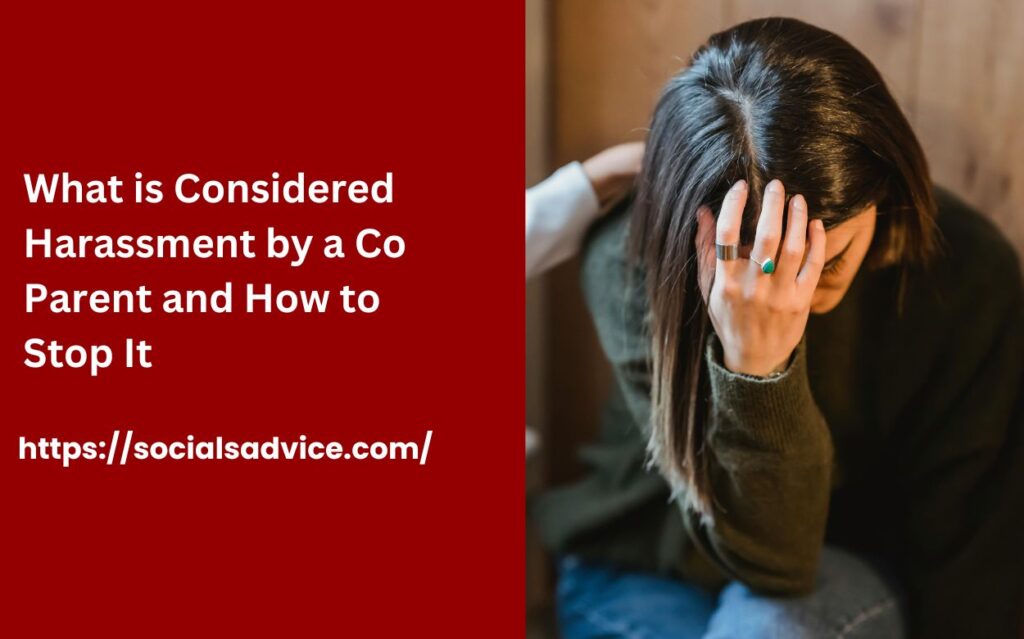
A beautiful relation between children and parents requires care and attention. If parents are living separately and children’s are in their shared custody, they both have equal rights to visit and make plants for their children’s future life. But, in some cases where one parent wants withholding a child from another parents with the help of court orders.
Parents have the right to access their children but conflicts result when one parent fails to the support them financially and stops looking after them. So, the other parent decides to take the matter into their own hand and withhold an child from seeing the other parent.
Withholding A child from Another Parent with Court Order
Unless a court orders, any parent can not withholds a child from seeing or visiting the other parent because a state encourages positive connections between parent and children even if parents are not getting along.
What is Gatekeeping?
Gatekeeping is used in the United States as practice to prevent one parent from visiting their child. There are two types of Gatekeeping:
Protective Gatekeeping
Protective gatekeeping is based on facts when parent is worried about the well-being of a child while he/she is in other parent’s custody.
This happens when the parent struggles with addiction, anger issues, and a overall lack of parenting abilities.
But, it is important to remember that custodial parent can not withhold the child from visiting the noncustodial parent even if the demonstrate they are unable to look after them. It’s advised to ask for proper directives and voice their concerns to the court.
Restrictive Gatekeeping
During Restrictive Gatekeeping, the parent decides withholding a child from another parent with court order as a means of revenge.
This usually happens when one of the parents is unhappy regarding divorce and withhold a child to visit the other parent. Moreover, a restrictive parent uses false accusations such as abuse or neglected attitude against other parent.
Such restrictive gatekeeping parents, show no regard for the other parent and do not show respect to family of their other partner as well. Restrictive parents have to goal to prevent any interaction between a child and the parent.
It is crucial that parents take legal action as early as possible if they are denied visitation or time to spend with their children.
Ways to withhold Visits Through Court Order
When the parent feels a child is in danger with the other parent, they can withhold or limit visitation by requesting a court order.
The family court is typically used for such procedure and depending on the details of a case, the court’s order can be changed.
If you are thinking of modifying your case, contact a experienced attorney and follow their instructions to avoid any mishap in the future. Make sure to take the right action at the right time and do not handle the matter all by yourself.
Request a Restraining Order:
When there is proof of any abuse and threats from an parent towards the child, then the other peent can request a restraining order to prevent any sort of contact.
Request for Change in Custody Order:
If child is prone to any harm or hand danger, the parent can request a modification in the custody order. This can limit visitation and changes the order
Child Protective Service Complaint:
The Parent can also request a child protective service to investigate any matter regarding the child’s safety concerns, especially during visitation.
What Happens if the Parent Does Not Follow Court Orders?
It is prohibited to violate the court order specifically when it involves child custody. In such case, you must contact a skilled family attorney to manage things through a thorough investigation into your case.
Motion of Contempt
You can file for a Motion of Contempt when the parent is not following a court order and disobeying the custody arrangement.
A court has the power to enforce order and if a person is not abiding by the rules, they are summoned back and punished.
It is crucial to keep record of all the times and dates on which a parent disobeyed a court orders. Remember each violation is claimed in the motion when demonstrating to the court that custodial orders were disobeyed.
Can you Enforce a Child Custody Order?
When a parent refuses to follow the court order, you can always file for a enforcement petition in Family court. It is always wise to consult with your attorney to safeguard your rights and your child’s interests.
But you should never impose custody orders on your partner because you will lose your stance while trying to make them feel guilty.
Other that that, this is always a good idea to consider whether you can have a negotiable agreement with the co-parent before going to court again.
CONCLUSION
In many cases, the parent disagrees with a court’s decision on a child’s custody. While there are legal channels for requesting the court to change custody arrangement, some parents choose to act independently, disobey the court order and decide to withhold a child from another parent with a court order.
FAQ’s
Can a parent lose custody?
When the parent refuses to acknowledge other parents’ rights, they can lose custody. Court has the authority to refuse the parent’s request for a visit or any contact.
The court can issue a restraining order to prevent visitations only if a custodial parent provides convincing proof against the other parent.
Why visitation rights are denied by the custodial parent?
The custodial parent denies visitation from the other parent in some cases, such as,
- The other parent is involved in drug abuse or addiction to alcohol, heroin,
- In the case of child abuse, domestic abuse, or sexual assault.
- If a child does not want to spend time with him/her.
Can a parent ask for CPS?
Yes, a parent may also ask the child protective service to look into any situation involving concerns about the child’s safety, particularly during visitation.


